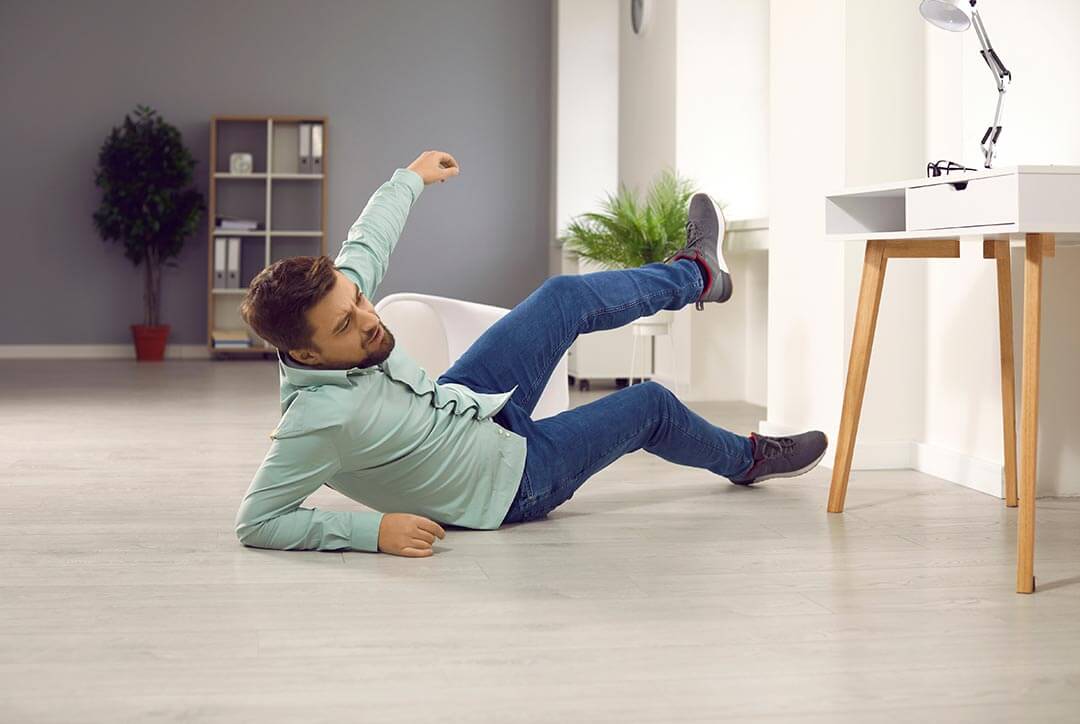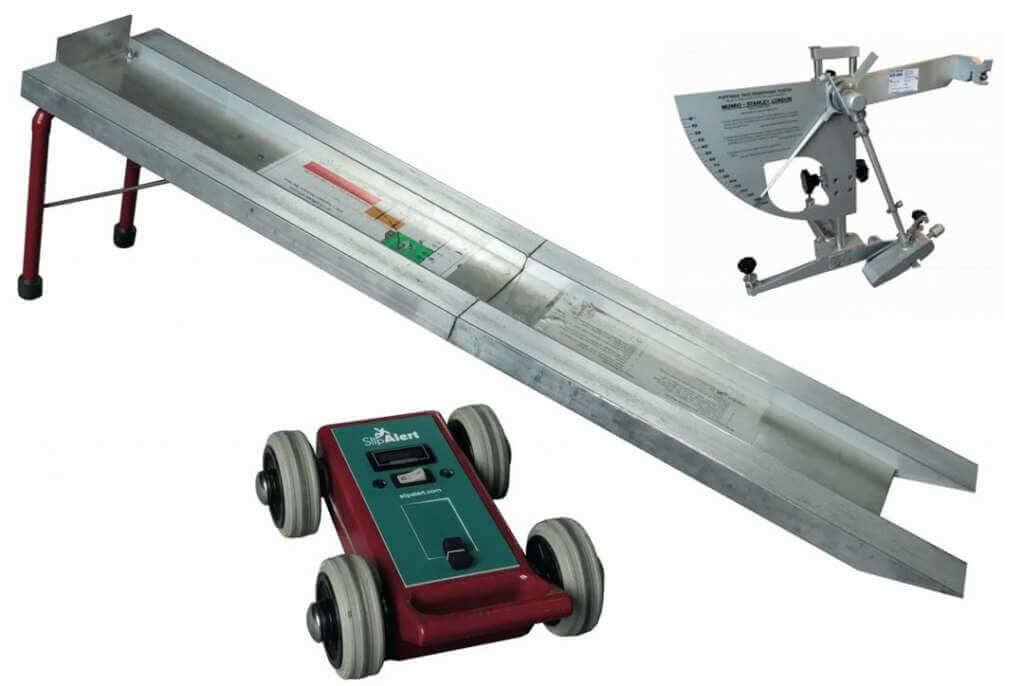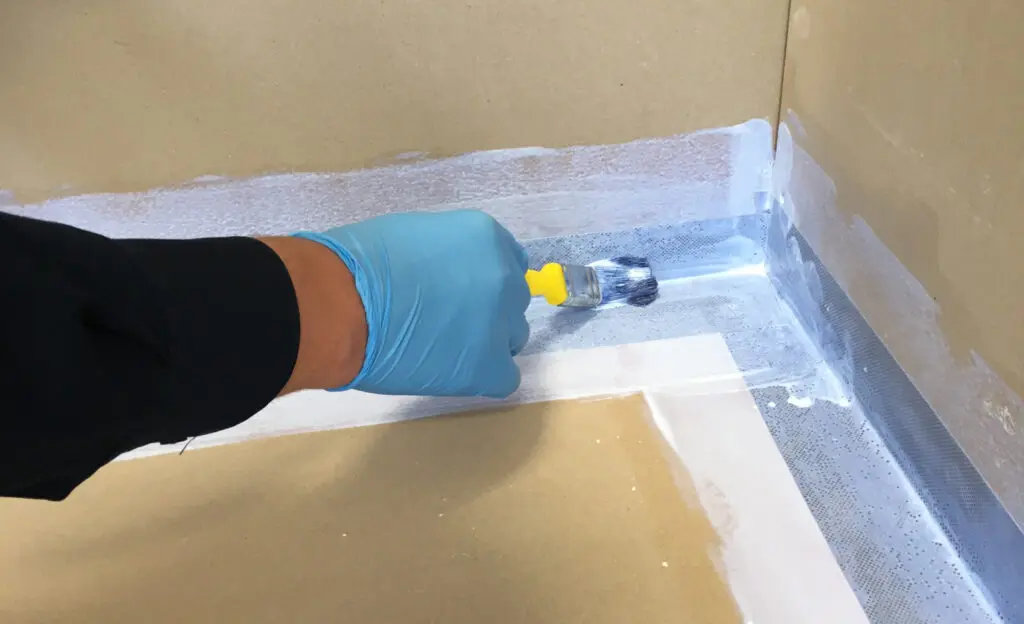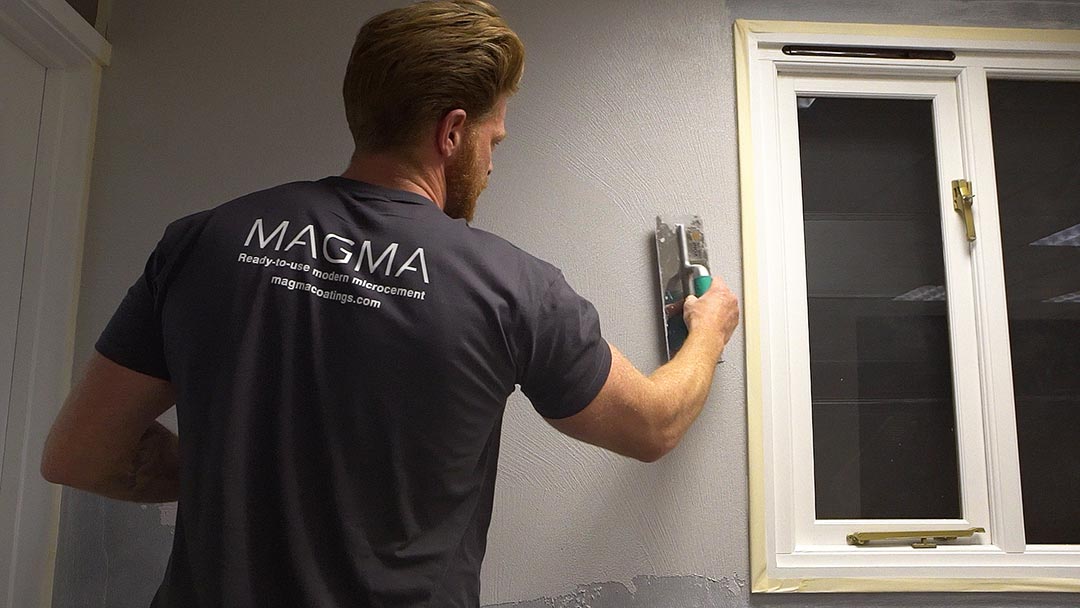What are the benefits of using commercial slip resistant flooring for microcement or resin?
When choosing flooring for commercial spaces, slip resistance is a crucial factor to consider. Commercial slip-resistant flooring options such as microcement, microtoppings and resin offer a wide range of benefits that make them the ideal choice for various applications.
Below is a list of advantages of using these materials in more detail;
1. Enhanced Safety: Slip and fall accidents can be a significant liability for any business. With the use of slip-resistant additives, Microcement and resin systems are specifically designed to improve traction, reducing the risk of accidents and injuries. These anti-slip properties ensure a safe and secure surface, even in high-traffic areas or places prone to trafficable moisture.
2. Durability: Commercial and retail spaces that experience higher foot traffic, making durability a prime concern. Microcement and resin floors are highly resistant to wear and tear, making them ideal for areas that require long-lasting performance. These materials can withstand the demands of light commercial and retail environments, ensuring they maintain their appearance and functionality for years,.
3. Easy Maintenance: Keeping commercial spaces clean and presentable is essential, and the flooring plays a significant role. The seamless surfaces of microcement and resin floors are incredibly easy to maintain, requiring minimal effort and time. They can be easily cleaned with regular sweeping and occasional mopping, eliminating the need for extensive and costly maintenance procedures.
4. Versatility: Microcement and resin flooring offers a wide range of design options, allowing businesses to create a unique and visually appealing space. These materials can be applied seamlessly, creating a smooth and sleek surface
What is the slip resistance rating for commerical microcement resin floors?
Microment and resin floors can be adapted to cater for the most demanding slip-resistant requirements, making them a popular choice for commercial spaces, architects, designers, specifiers, and interior designers. The slip resistance rating for microment or resin flooring is typically measured using the Pendulum Test Value (PTV) or the Surface Roughness (SR) measurements.
The PTV is a widely recognised method for measuring slip resistance, giving a numerical value to the flooring’s slip resistance. Commercial floors usually require a PTV rating of 36 or higher, considered highly safe with a low risk of slipping. This rating ensures that the commercial floors provide excellent traction, even in wet or high-traffic areas.
In Europe, SR is used, which is a measure of the surface roughness of the flooring. Commercial floors will typically require a rating of R11 or higher, which means it has a high level of slip resistance similar to the +36 (PTV Rating). Similarly, a rougher texture helps to prevent accidents by providing grip and stability underfoot.
It is important to note that the slip resistance rating may vary depending on the specific formulation and application of the floor finish. Therefore, it is advisable to consult with the manufacturer or supplier to determine a particular product’s exact slip resistance rating.
What types of commercial slip-resistant flooring for microcement or resin are available?
When choosing commercial slip-resistant flooring using either micro cement or resin, discussing the specific requirements with the supplier or installer of the products is essential.
Both of these materials can offer excellent slip resistance properties and are suitable for a variety of commercial settings and
Microcement floors are versatile and durable concrete effect material commonly used to create an industrial, seamless finish within commercial spaces. Typically a cement-based coating is applied in thin layers (2-3mm) to create a smooth and seamless surface. Microcement has become increasingly popular over the last 5 years and when applied correctly, is known for its high slip resistance, making it a safe choice for areas that are exposed to high traffic and liquids, such as shops, offices, reception areas, hotel spaces and bathrooms. Additionally, microcement offers a wide range of design possibilities, with various colours and textures, allowing architects and designers to create unique and visually appealing floors.
Alternatively, resin flooring is also a very popular option for commercial settings. Resin is a synthetic material created by mixing two or more components together, most commonly either polyurethane or epoxy options. This chemical reaction creates a strong and durable flooring system resistant to wear, impact, and chemicals. With the correct treatments, the resin is highly slip-resistant, thanks to its smooth and seamless finish. It is commonly used in areas with heavy foot traffic, such as retail stores, hospitals, and offices, but also popular in residential settings and retail spaces.
Both microcement and resin flooring have their own advantages, and the choice between them will depend on your commercial space’s specific requirements, designs and asthetics.
In terms of durability, both microcement and resin flooring are highly durable and can withstand heavy foot traffic and daily wear and tear. However, resin flooring has a slight advantage in terms of chemical resistance, making it a suitable choice for areas that may be exposed to spills or chemical substances.
When choosing between microcement and resin flooring solutions, it is important to consider the specific requirements of your commercial space. Factors such as slip resistance, design flexibility, durability, and chemical resistance should all be considered. Consulting with a professional flooring contractor or supplier can help determine the best option for your needs.
Are there any maintenance requirements for commercial slip resistant flooring microcement or resin?
Yes, there are maintenance requirements for commercial slip resistant flooring. While these types of flooring are known for their durability and resistance to slips and falls, regular maintenance is still necessary to ensure their longevity and continued performance.
Here are some maintenance requirements for commercial slip resistant flooring made of microcement or resin:
1. Regular Cleaning: It is essential to clean the flooring regularly to remove dirt, dust, and other debris that can accumulate over time. Sweep or vacuum the surface to remove loose particulate matter, and then mop it with a mild detergent or cleaner designed for microcement or resin floors. Avoid harsh chemicals or abrasive cleaning agents, as they can damage the surface.
2. Avoid Excessive Moisture: While microcement and resin flooring are generally water-resistant, avoiding excessive moisture or standing water on the surface is still important. Clean up spills immediately to prevent any potential damage or staining. Use absorbent mats where water or liquids are often present, such as entrances.
3. Regular Inspections: Periodically inspect the flooring for any signs of wear or damage. Look for any cracks, chips, or areas where the slip resistance may have diminished. Promptly address any issues by contacting a professional contractor or installer who can repair or restore the affected areas.
4. Protective Measures: To further protect the slip-resistant flooring, consider using protective measures such as furniture pads or felt glides under heavy furniture equipment to prevent scratching or denting the surface. Additionally, placing mats or rugs in high-traffic areas can help reduce wear and tear on the flooring.
5. Reapplication of Topcoat: Over time, the topcoat of microcement or resin flooring may wear down and lose its slip-resistant properties. It is recommended to reapply a new coatings every few years or as needed to maintain the slip resistance quality of the flooring. Consult with a professional contractor or installer for the appropriate timing and process for reapplication.
6. Professional Maintenance: While regular cleaning and inspections can be done by the property owner or maintenance staff, it is also beneficial to schedule professional maintenance for commercial slip-resistant flooring made of microcement or resin. Professionals have the knowledge, expertise, and specialised equipment to properly maintain and restore the flooring, ensuring its optimal performance and longevity.
By following these maintenance requirements, you can prolong the life of your commercial slip-resistant flooring made of microcement or resin and ensure that it continues to provide a safe and reliable surface for years to come.







